I’ll never forget the first time I opened my laptop under a palm tree and thought, “This is the office now?” That’s when it hit me—I was officially living as a nomad in a foreign country. All because I was able to work remotely. However, I wondered what the best countries are for digital nomads.
Being a digital nomad means more than just working remotely; it’s about embracing a nomadic lifestyle of freedom, discovery, flexibility, and many benefits. I’ve lived and worked in half a dozen countries, and each one has taught me something new—not just about the world but how I want to live.
This lifestyle isn’t about escaping responsibility; it’s about redefining it. With Wi-Fi as our lifeline, nomads hop from cafés to co-working hubs, jungle retreats to cobblestoned cities—all while staying connected and productive, often relying on internet speed. And the best part? The number of people doing this is growing every day. It’s no longer fringe. It’s the future of work for remote workers looking for flexibility and adventure.
Benefits of the Digital Nomad Lifestyle

One of the biggest perks is location freedom. I’ve written blog posts from Lisbon rooftops, edited videos in Medellín cafés, and attended meetings with a view of the Aegean Sea.
But beyond the aesthetics, being a digital nomad truly allows you to immerse yourself in different cultures. You meet people from all walks of life—locals, expats, fellow nomads—and your worldview gets shaken up in the best way possible.
It’s also surprisingly cost-effective. Living in places where your dollar, euro, or pound goes further can stretch your budget while upgrading your lifestyle. And with some thoughtful planning, tax incentives and financial advantages come with the territory, such as providing proof of health insurance.
Digital Nomads Live: What It’s Really Like

Living as a digital nomad isn’t always hammock-side Zoom calls and Instagram-worthy sunsets, though there’s plenty of that too. It’s a lifestyle filled with freedom and a fair share of unpredictability. You quickly learn to adapt, problem-solve, and lean into the unknown. One week, you’re sipping espresso in Rome; the next, you’re chasing down reliable Wi-Fi in a mountain town in Slovenia.
The rhythm of this life takes shape over time. You develop routines in foreign cities—your go-to grocery shop, your favorite co-working space, and the locals who greet you with a nod. The beauty of nomadic living is that every place becomes home, for a little while. There’s a thrill in starting fresh and a calm in finding familiarity in unexpected places.
What About Family Members?
Here’s something we don’t talk about enough in the nomad world: family. For many of us, this life isn’t solo. Whether traveling with a partner, kids, or staying connected with loved ones back home, family is part of the journey—sometimes literally, sometimes virtually.
Some digital nomads travel with their families full-time. And good news—many digital nomad visas now allow dependents to be included, whether it’s a spouse or children. Countries like Portugal, Estonia, and Costa Rica have provisions enabling you to bring your crew along, with access to schools, healthcare, and a legal stay.
But for others, the road is a solo pursuit, and loved ones remain behind. That can be one of the most emotionally challenging parts of nomadic living. Time zones stretch conversations thin, and you might miss birthdays or Sunday dinners in your home country. For me, staying grounded with regular video calls, planned visits, and digital traditions (like sharing morning coffee via FaceTime) has made all the difference.
Whether solo or rolling deep with your family in tow, digital nomadism is about building bridges—not just across countries, but across the people you love.
Understanding Digital Nomad Visas
Here’s the game-changer: digital nomad visas. These special programs let people like us—remote workers, freelancers, online entrepreneurs, and other applicants—legally live and work in a new country without trying to enter tourist visas or student loopholes. The Netherlands was the first country to create a digital nomad visa scheme in 2000, paving the way for this innovative approach.
Each country has its flavor. Some give you 6 months, others up to 2 years. But they all require some basics: proof of income, health insurance, and a remote job that doesn’t rely on local employment. Sounds fair, right?
If you’re serious about this lifestyle, a digital nomad visa removes the stress of border-hopping and lets you settle in and live somewhere, at least for a while.
Digital Nomad Visas Around the World

Over 50 countries have adopted digital nomad visas. As of 2025, over 50 countries and regions offer digital nomad visas, reflecting the growing global trend of supporting remote workers.
Portugal, where I’ve spent a good chunk of time, offers a low-cost visa with high quality of life. If you like wine, tiled streets, and seaside vibes—you’re in luck. Spain is another gem, especially Barcelona or the Canary Islands for their vibrant scenes and year-round sunshine. Countries like Spain, Norway, and Estonia have been cited for their robust infrastructure supporting digital nomad visas.
Digital Nomad life in Costa Rica and beyond
The Costa Rica tourism board has strongly pushed to attract digital nomads. Costa Rica offers rainforest adventures and pura vida energy, and as a result, it is consistently among the top seven countries for digital nomads to gain permanent residence.
Then there’s Malaysia, Malta, Romania, and even new entries like South Korea and Japan, where the blend of modern life and deep tradition creates an unforgettable experience.
Europe tends to draw the most nomads because of its culture and infrastructure, but don’t sleep on Central and South America—they’re some of the most budget-friendly options with thriving expat communities.
Application Process
The application process for digital nomad visas has become more streamlined in recent years, but it’s not 100% digital everywhere. Some countries let you start the application online, often through their immigration or tourism websites. You’ll typically need to submit:
- A completed application form
- A valid passport
- Proof of income or bank statements
- Health insurance coverage
- (Sometimes) a police clearance or medical certificate. Applicants must have proof of valid health insurance for their stay to qualify for a digital nomad visa.
However, some countries still require an in-person visit to a local embassy or consulate to verify documents or complete biometric data. Depending on the destination and your nationality, processing times can range from a few weeks to a few months. Processing times for digital nomad visas vary by country, typically taking around one month.
Once approved, most digital nomad visas are valid for six months to one year, with the option to renew. Double-check the required documents and requirements on the official government website for the country you’re eyeing, because the details can vary quite a bit.
The Application Form and Supporting Documents
Be prepared to tell your story—who you are, what you do, and how you support yourself remotely. The form usually covers your:
- Personal info
- Employment or freelance work
- Income proof
- Application fee
Some countries might ask for a police background check or proof you’ve never overstayed a visa. Keep your paperwork tidy and digital copies ready—you’ll thank yourself later. Some countries require a clean criminal record for the digital nomad visa application process.
Cost of Digital Nomad Visas
One of the most important questions I get from fellow adventurers looking to work abroad is: How much does a digital nomad cost?
The truth? It depends a lot on where you’re going. Each country offering a digital nomad visa has its own requirements—some are wallet-friendly, while others ask you to show serious income or pay hefty application fees. If you’re considering taking your remote lifestyle global, here’s a quick guide to help you understand the cost of digital nomad visas worldwide in 2025.
🇦🇱 Albania
Albania offers one of the more affordable digital nomad programs in Europe. The minimum income requirement sits at $815 per month, making it a solid choice for freelancers or budget-conscious nomads. The visa is still relatively new, but it’s gaining popularity thanks to Albania’s scenic landscapes and low cost of living.
🇦🇮 Anguilla
Anguilla’s program isn’t the cheapest, but it’s certainly paradise. Details on specific income thresholds are a bit murky, but this British Overseas Territory typically expects applicants to be financially self-sufficient and employed remotely. Prepare for higher living costs typical of island life.
🇦🇬 Antigua and Barbuda
For those dreaming of turquoise waters and tropical breezes, Antigua and Barbuda offers the Nomad Digital Residence program. The application fee is $1,500 per individual, and you’ll need to prove an expected annual income of at least $50,000. It’s a higher price tag, but hey—paradise comes at a premium.
🇧🇸 Bahamas
The Bahamas rolls out the welcome mat with its Extended Access Travel Stay visa. The application fee is just $25, but you’ll also pay a permit fee of $1,000. While they don’t list a hard income requirement, you do need to provide proof of employment. The visa is valid for one year and renewable upon approval.
🇨🇴 Colombia
Colombia is tough to beat if you’re looking for a digital nomad-friendly destination with vibrant culture and low overhead. The minimum monthly income requirement is just $750, making it one of the most accessible options globally. It’s ideal for newer freelancers, remote workers, and anyone keeping an eye on their budget.
🇨🇿 Czech Republic
In the heart of Central Europe, the Czech Republic offers a long-stay visa for freelancers and remote workers. To qualify, you must show a monthly income of at least $1,670. While not the cheapest option, it offers access to a strong economy, gorgeous cities like Prague, and an excellent travel hub.
🇨🇷 Costa Rica
A dedicated program extends Costa Rica’s Rentista visa to digital nomads. The minimum monthly income requirement is $3,000 for individuals or $5,000 for families. You’ll also need private health insurance and proof of remote work. It’s an amazing option for those seeking biodiversity, beach towns, and pura vida energy.
🇳🇴 Norway
Norway’s program is aimed at self-employed digital professionals, and it’s definitely on the higher end. You’ll need to prove an annual income of at least $38,162. While the cost of living is high, the natural beauty, safety, and infrastructure make it appealing for those who want a taste of Scandi-nomad life.
🇵🇹 Portugal
Portugal’s digital nomad visa has quickly become one of the most popular worldwide—for good reason. The application fee is $89, plus $78 for the residence card. You’ll need to show a monthly income of at least $3,511. It’s pricier than it used to be, but with Portugal’s quality of life, community of expats, and temperate climate, many find it well worth the investment.
🇪🇸 Spain
Spain’s highly anticipated digital nomad visa finally launched, and it’s a strong contender in 2025. The application fee is around $88, but you’ll also need to factor in extra costs like official translations and obtaining a NIE (Número de Identidad de Extranjero). The minimum monthly income requirement is $2,853, and with its diverse landscapes and excellent infrastructure, Spain offers a fantastic work-life balance.
Length of Stay and Renewal
Most digital nomad visas give you up to one year, and some offer renewals for up to five years. A few—like Estonia or Greece—hint at long-term residency options if you fall in love with the place (guilty as charged). Digital nomad visas are generally valid for durations ranging from six months to a year, with some allowing extensions up to five years.
Renewals often require you to resubmit updated income and insurance documents. It’s a bit of a process, but totally manageable if you stay organized. If you truly fall in love with a place you might even have a pathway to citizenship.
Taxes and Financial Requirements

Ah yes, taxes—the buzzkill of every dream. But we’ve got to talk about them in terms of cost and implications.
Depending on where you’re from and where you live, you might need to pay taxes back home, abroad, or even both. Some countries, like Portugal or Georgia, offer tax breaks or exemptions for nomads, which can be a game-changer. Many digital nomad visas allow for a tax-free period, potentially leading to higher taxes later if one becomes a tax resident.
Make sure you meet minimum income requirements, which usually range from $1,500 to $3,500 monthly, depending on the country. And always, always have health insurance—it’s required by nearly every program and just smart in general. Digital nomad visa applicants must often demonstrate proof of a minimum monthly income.
Entrepreneurship and Remote Work
If you’re an entrepreneur like me, digital life is your playground, where you can work remotely and travel the world. I’ve met people running e-commerce businesses from Bali, coaching clients from Mexico, or coding apps from cafés in Prague.
Remote work is not tied to an office but to your Wi-Fi connection and creativity. There are many resources: online co-working spaces, Slack communities, Telegram groups, and meetups in every nomad-friendly city.
And many countries are now rolling out startup incentives, mentorships, and funding opportunities explicitly aimed at location-independent entrepreneurs. It’s an exciting time to be building something while seeing the world.
Atypical Last Thoughts

Becoming a digital nomad changed my life. It allowed me to choose where I live, how I work remotely, and who I surround myself with. The digital nomad visa is the golden ticket that could lead to permanent residency and make it all legit.
Get your foreign affairs in order and remember how long your visa lasts. An extended period of living abroad can be a dream come true.
So if you’re sitting at home country dreaming of a different life filled with cobbled streets, exotic flavors, and spontaneous adventures, know this: the world is opening its doors. And it wants you to explore it by working from anywhere.
Grab your passport, chase that Wi-Fi, and let the world be your office. I promise—it’s worth it.
Subscribe
Are you an avid traveler seeking inspiration for your next adventure? Look no further than the Atypical Vagabonds newsletter. By subscribing to our newsletter, you gain access to a treasure trove of travel tips, destination guides, and captivating stories from around the globe. Our knowledge in exploring off-the-beaten-path destinations. We offer a refreshing perspective on travel, encouraging you to embrace the unconventional and discover unique experiences. Join the community today and let our wanderlust-inducing content inspire you. Therefore, you can embark on extraordinary journeys. Subscribe to receive their latest updates directly in your inbox and never miss a travel adventure again.
Donations
Love what you’re seeing on Atypical Vagabond? Help us keep the adventures coming! Consider donating through PayPal’s secure payment system. Every contribution goes a long way in fueling our mission to bring you more thrilling content and unforgettable experiences. Join us in shaping the future of travel—donate today!



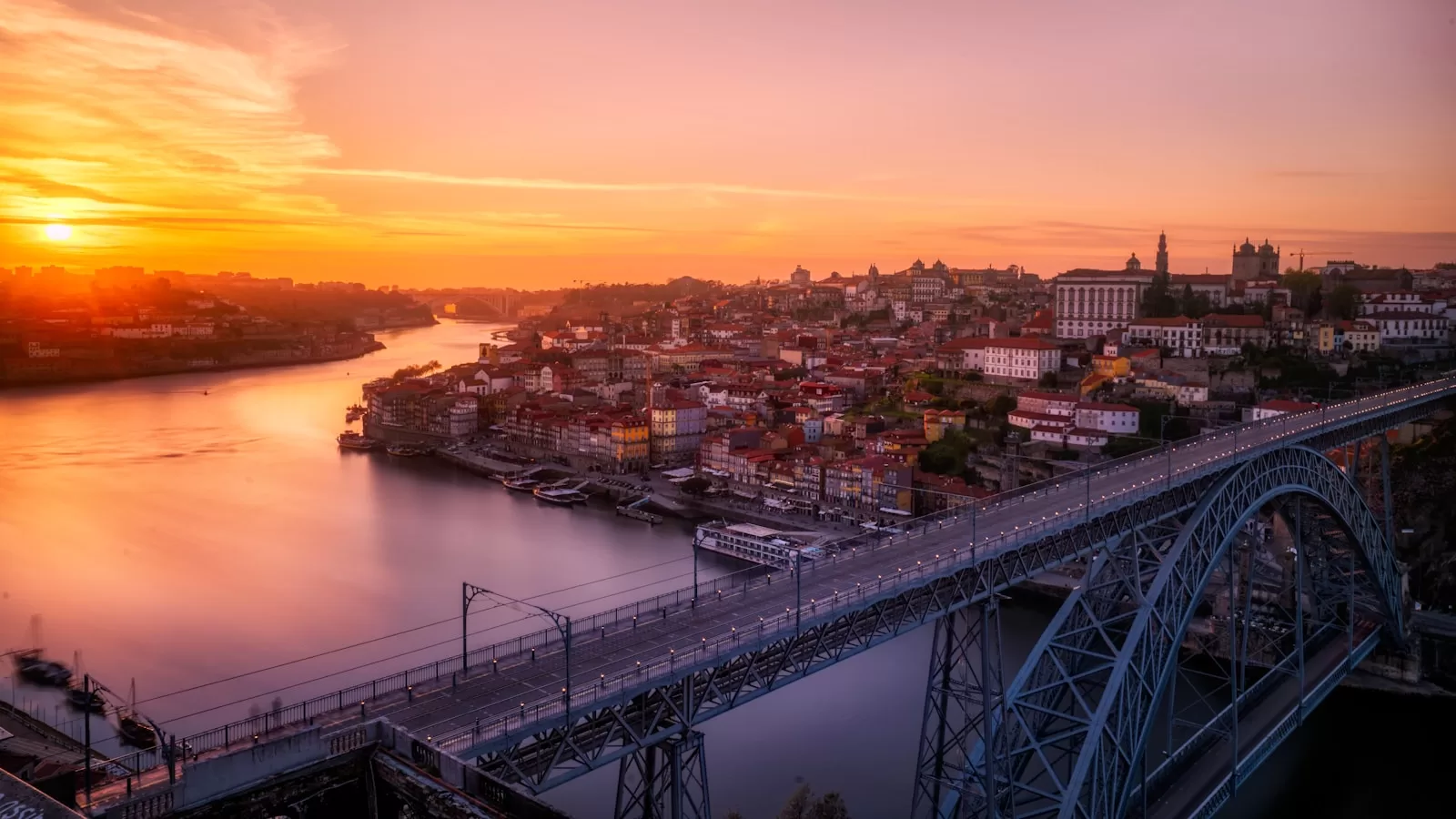

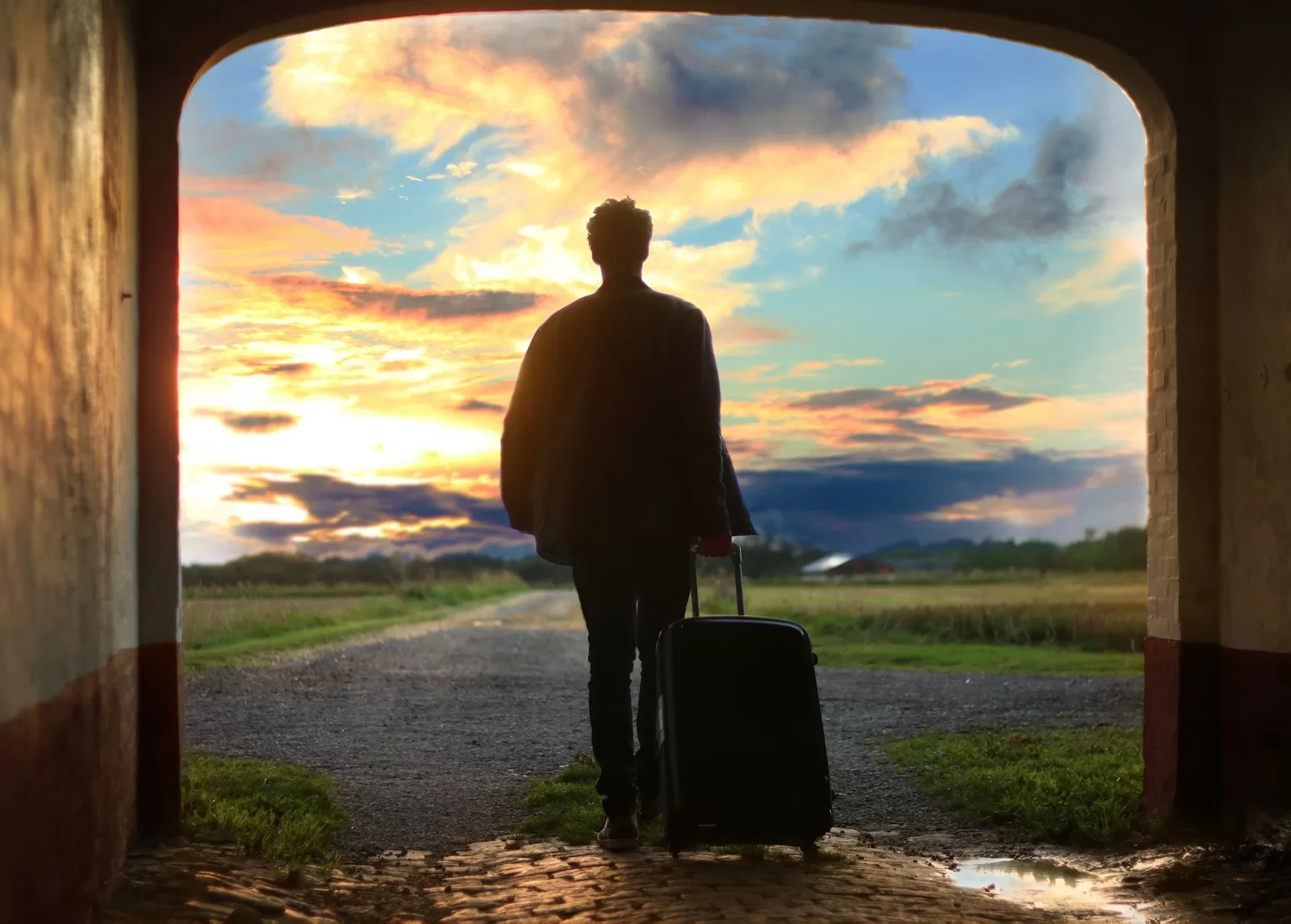
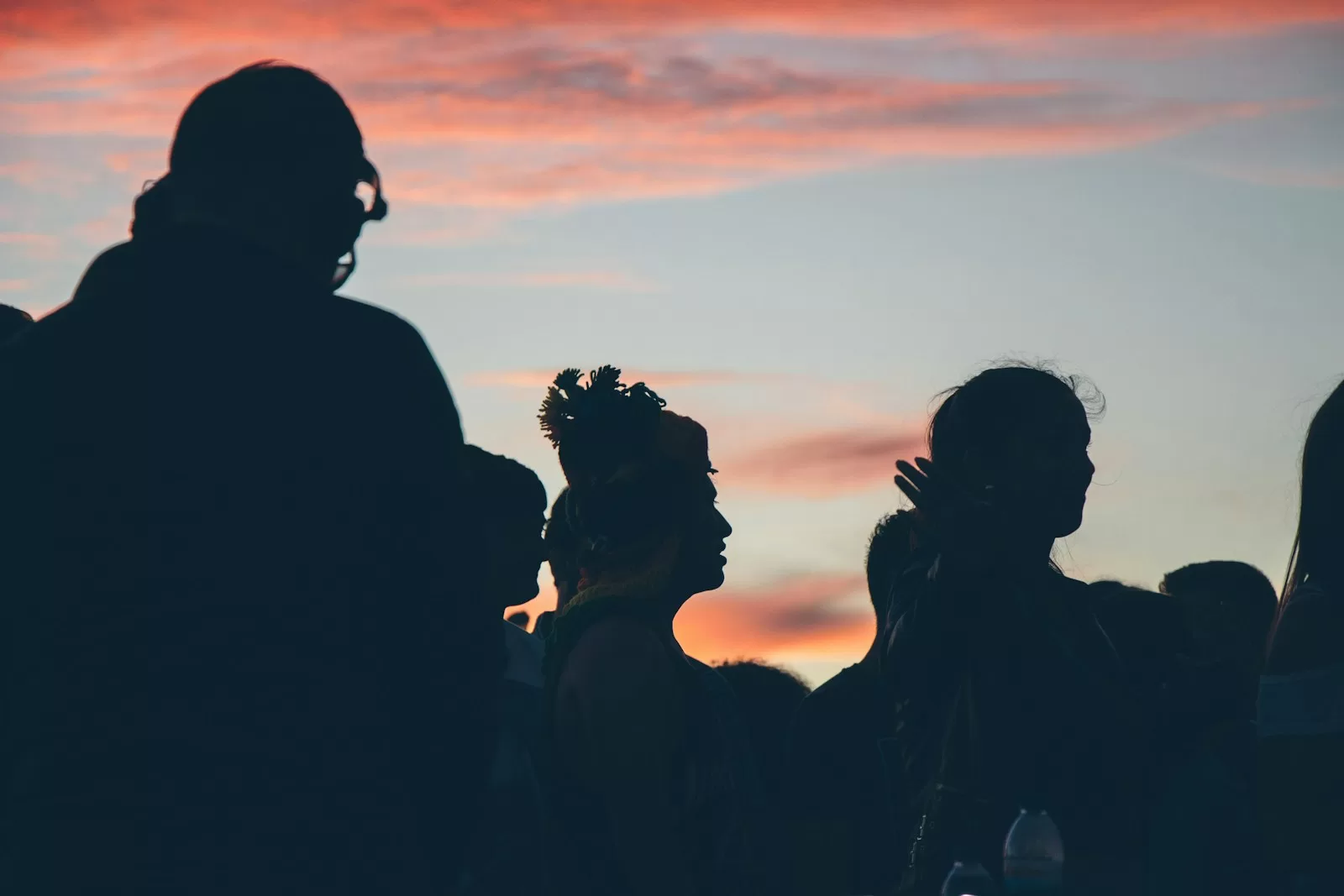



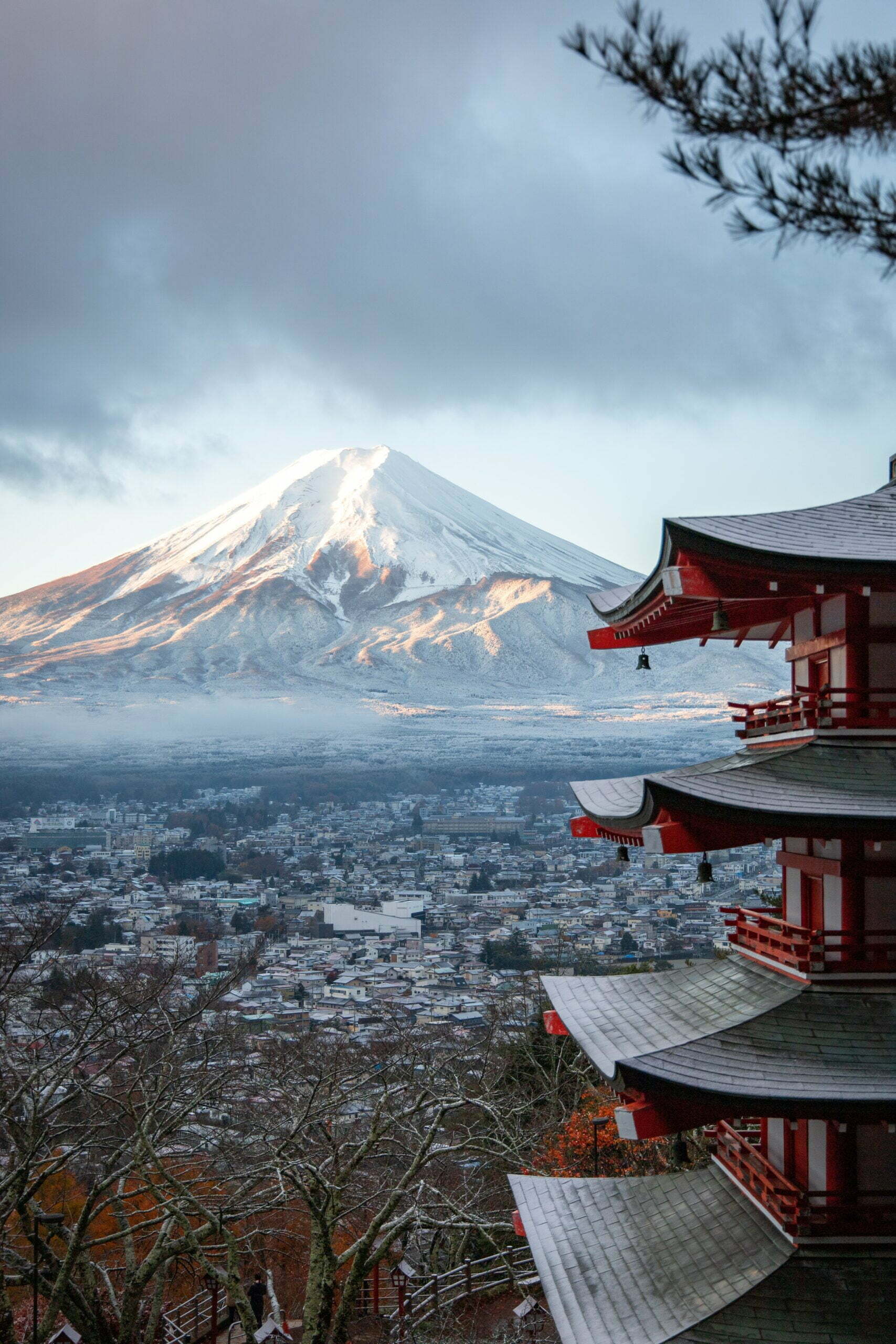


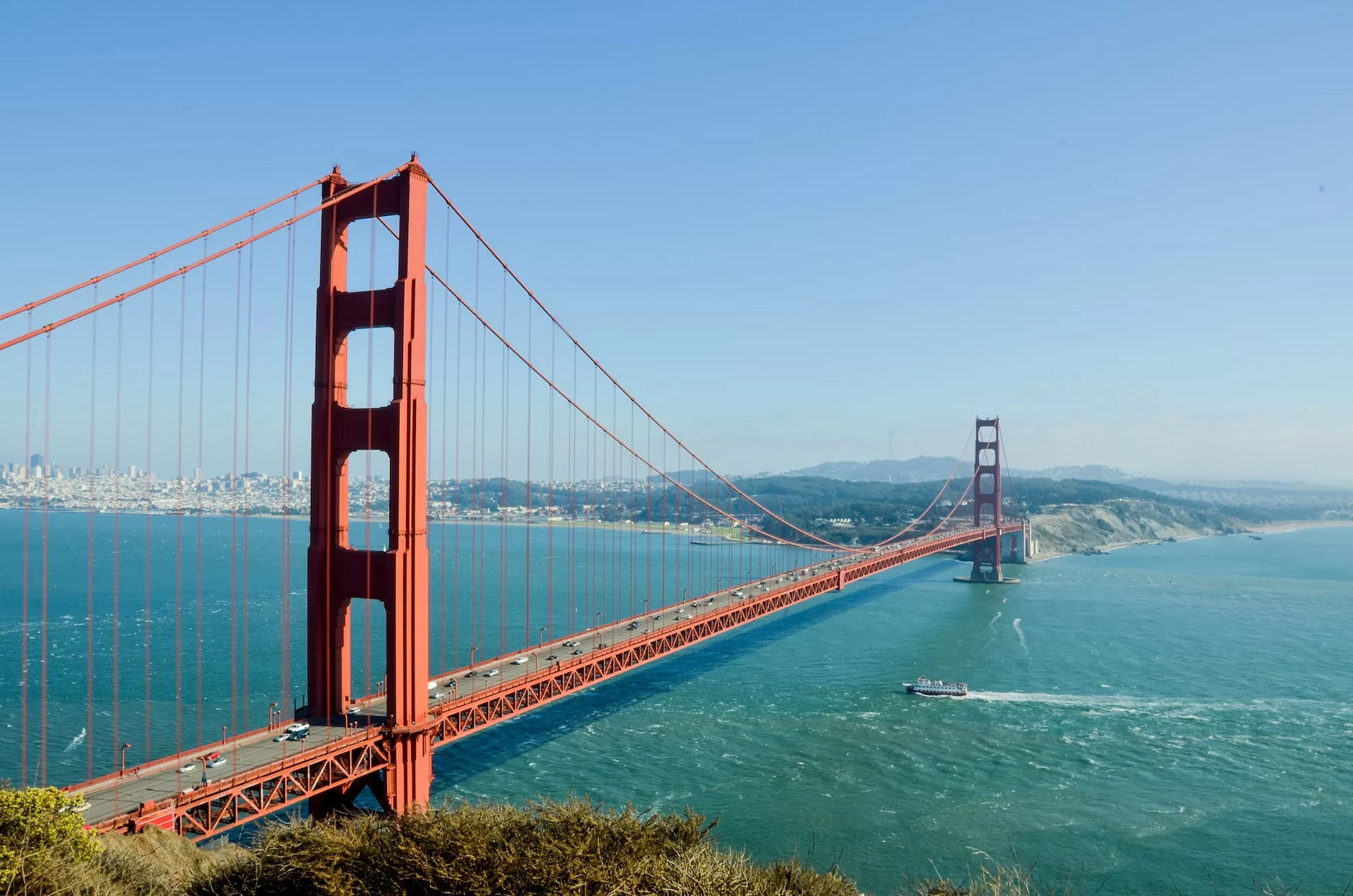

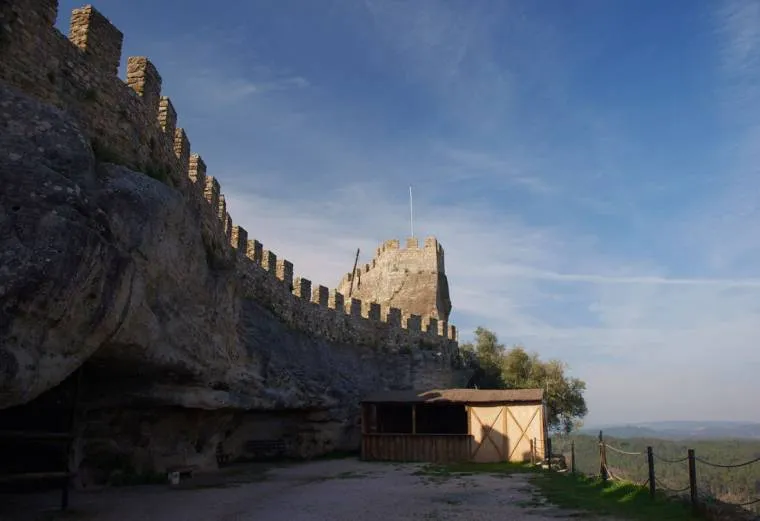


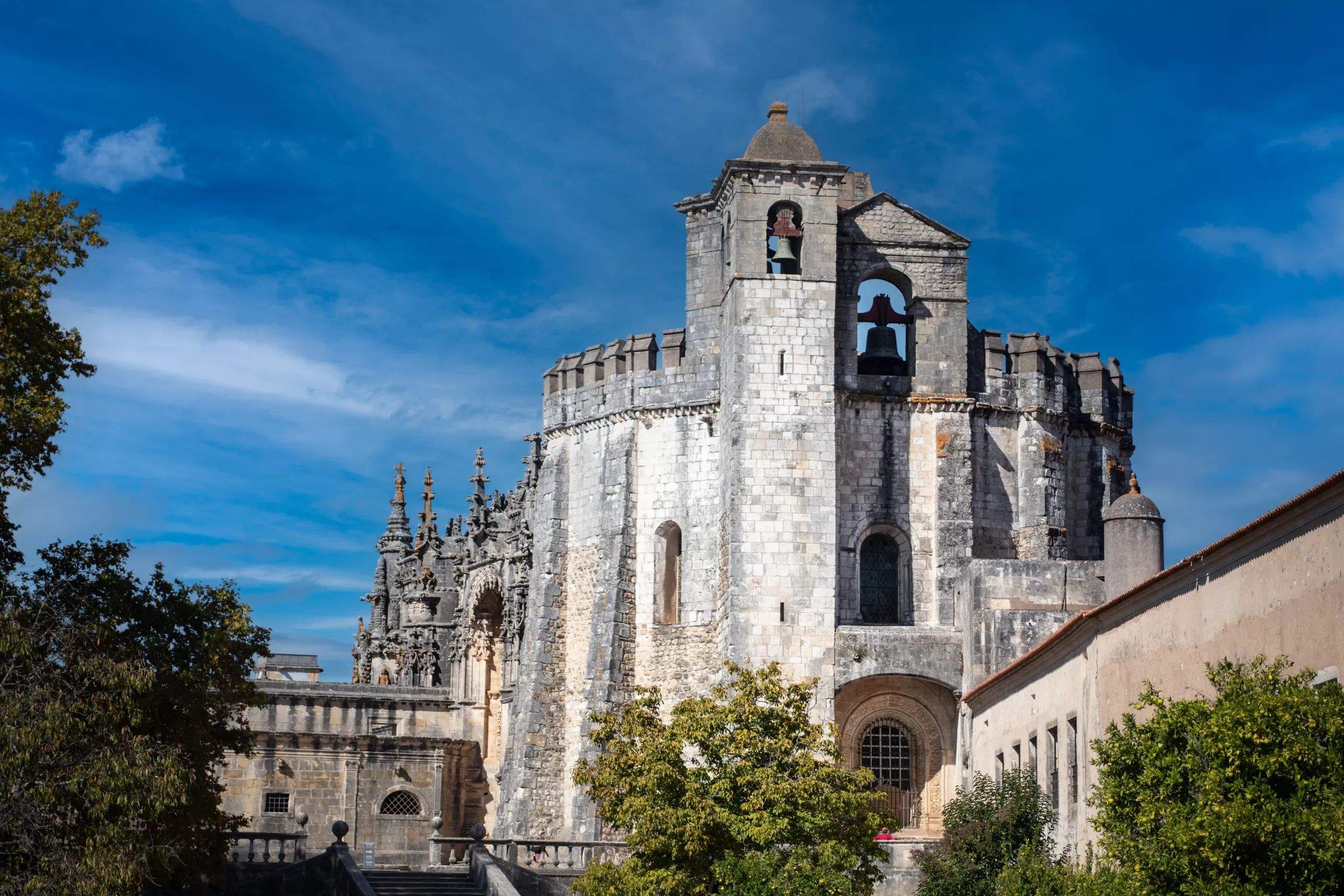


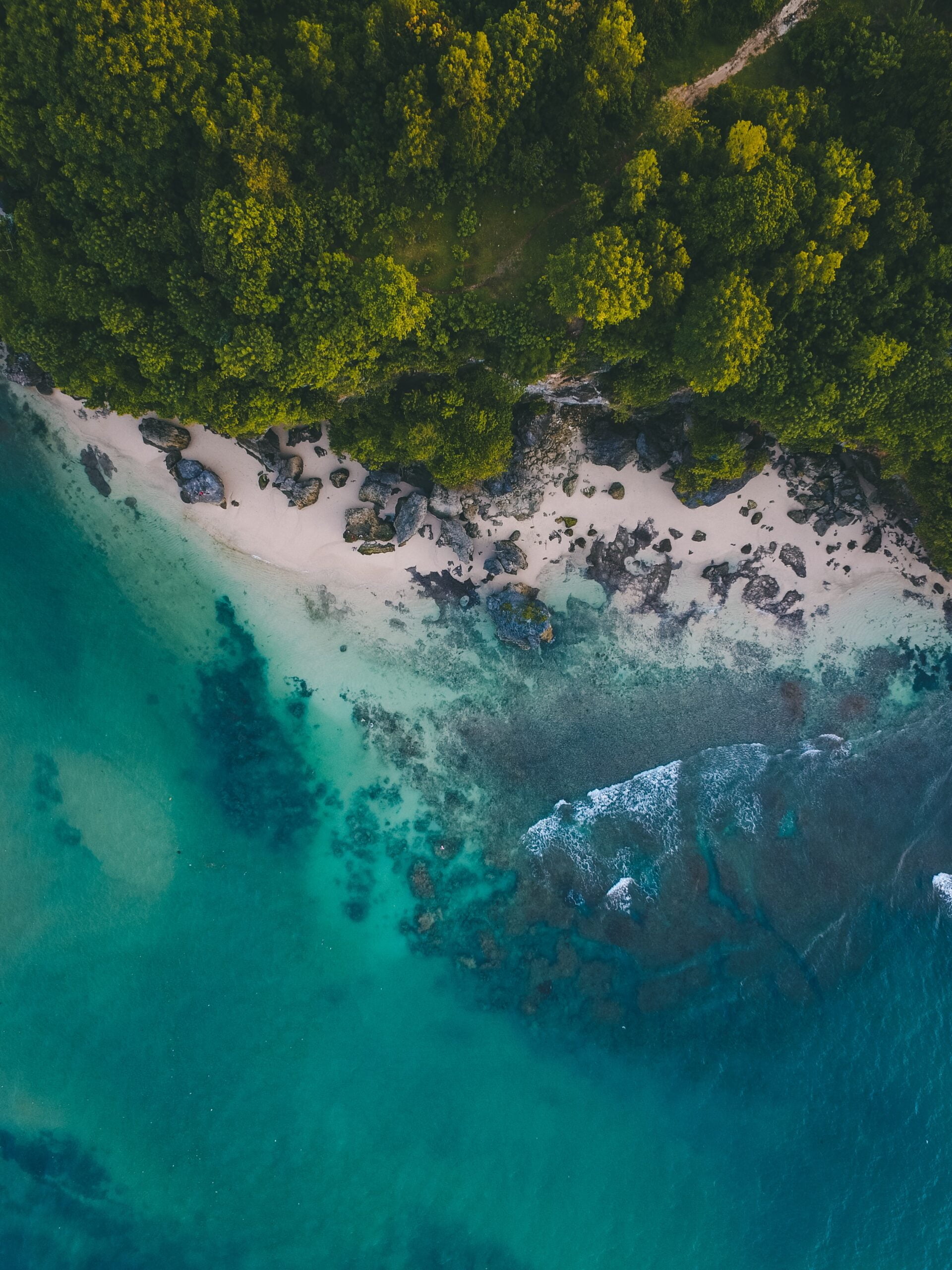

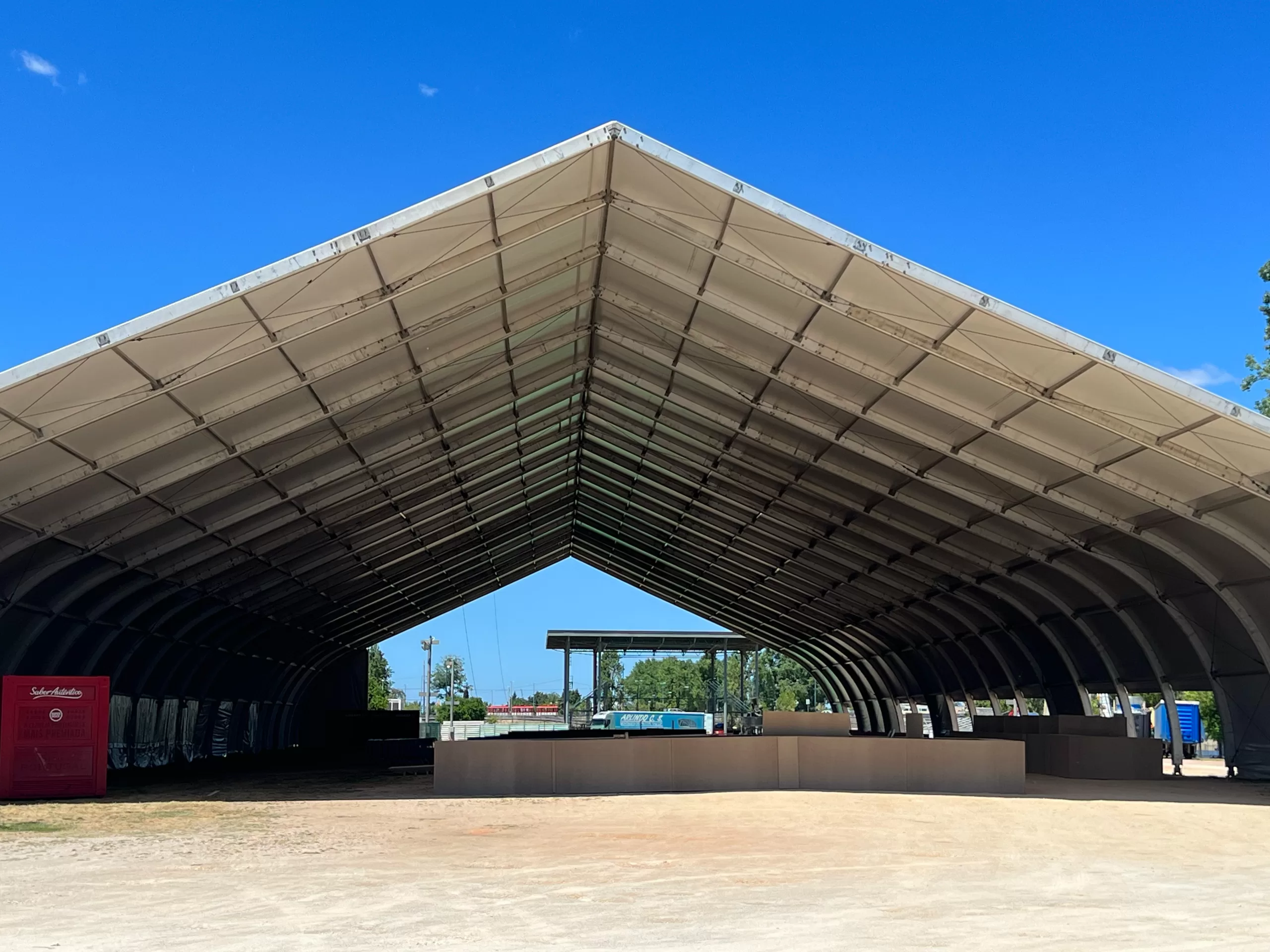
You must be logged in to post a comment.